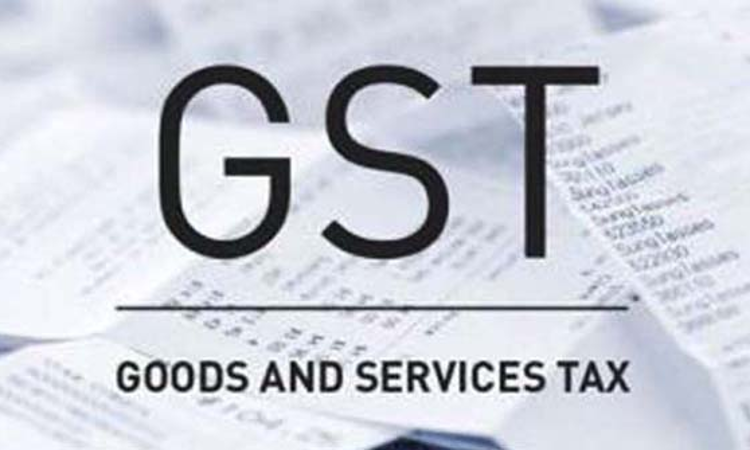Overturning a 2019 circular issued by the Ministry of Finance, Department of Revenue (Tax Unit), the Madras High Court has held that the Goods and Services Tax (GST) applies not on the full amount but to monthly maintenance amount exceeding ₹7,500 only. It noted that any interpretation to the contrary would disentitle the Resident Welfare Association [RWA] to exemption, contrary to the...

